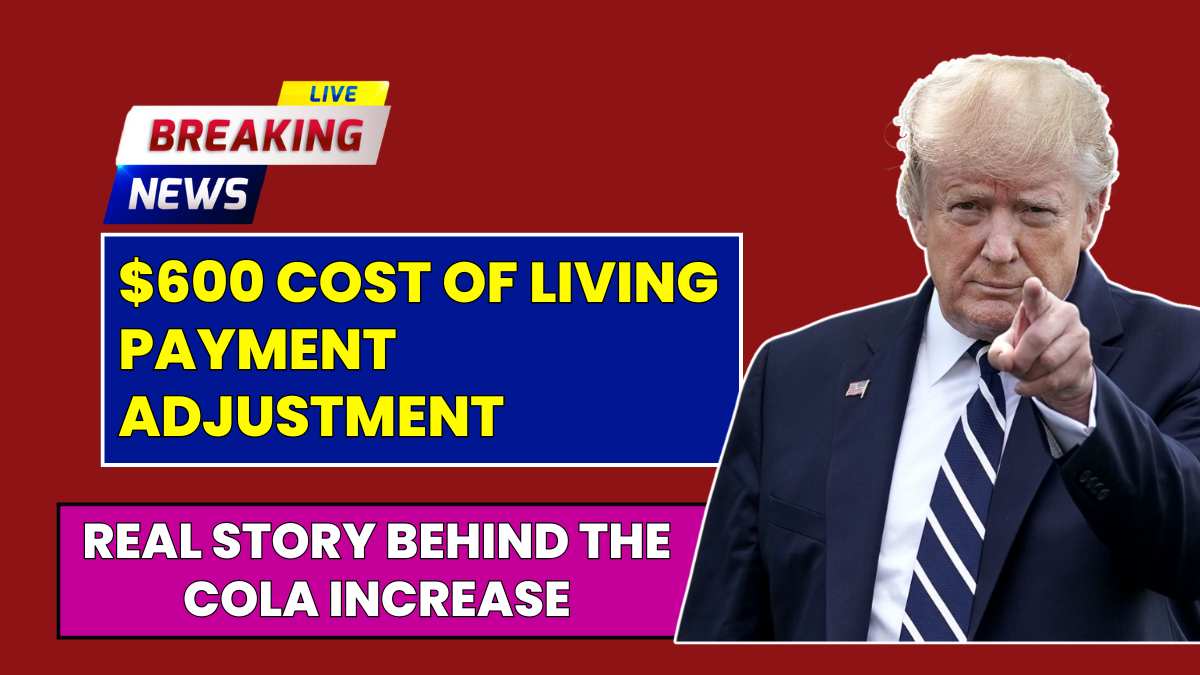In the summer of 2025, a host of states throughout the United States will be raising their minimum wages to higher levels, giving millions of workers a wage boost. Raising the minimum wage is no easy decision; it is part of a larger labor reform you can see happening as the cost of living continues to climb while wages have remained stagnant for an extended period. The Federal minimum wage continues to remain fixed at $7.25 (which has remained the same since 2009); however, several states throughout the US are laying down wage rates in accordance with their own local economic needs and societal expectations.
Which States Will Raise Salaries From July 2025?

July 2025 will be a historic month for many American workers. Starting this month, there will be an increasing number of new minimum wage rates to take effect in many states. This change is being made as a result of the 2025 state wage laws created or changed by some states. This new movement is taking especially a stronger hold in urban and progressive areas where demands for labor rights and living wages are more prominent.
Through these changes, governments are giving a clear message that workers have the right not only to work, but also to live a dignified life. This wage increase will be a great relief especially for the employees of the restaurant, retail, and hospitality sector.
For what reasons is the minimum wage increasing?
The inflation on the rise in the United States in 2023 and 2024 made it impossible to make a living at current wage levels. For this reason, unions, labor organizations, and state governments were able to come together to raise wages.
Many states are now connecting wages to inflation – called inflation indexing. For example, states like Oregon and Connecticut change the minimum wage every year automatically based on the Consumer Price Index. This can assure employees that there will be some increase in salary every year and it will allow employers to plan accordingly in advance.
How will it affect business?
The rising inflation trends in the United States in 2023 and 2024 have made it impossible to make a living at current wage levels. Because of inflation, unions, labor organizations, and state governments were able to work together to increase wages.
Many states are now linking wages to inflation – inflation indexing. For example, Oregon and Connecticut adjust minimum wage annually based on the CPI (Consumer Price Index). This gives workers some assurance that they will see an increase in compensation every year and gives the employer time to prepare in advance.
Economic analysis shows that when employees get better salary, they are engaged in their work, they work in one place for a longer time, and their productivity also increases. This ultimately benefits the business.
Is this becoming the new normal?
At the federal level, there has been a moratorium on the minimum wage for years. In this situation, state-level initiatives are emerging as laboratories for the states to learn from their personal experiences how wage increases can affect social and economic change.
By the end of 2025 more than 25 states in the US will have either an indexed wage system or a phased wage system. July 2025 will ultimately be a landmark date in the process, and it has made it abundantly clear that wages will no longer only be a law, but again social justice and economic stability.
Conclusion: A big step towards wage reform
A jump in the American minimum wage set for July 2025 is about more than cents and dollars; it speaks to the idea that a full days work should lift a person clear of hardship. Fresh paychecks, advocates argue, will ripple through grocery lines, small shops, and the apartment market alike.
Future historians might circle that midsummer date as the moment wage policy stopped shuffling sideways and, at last, picked a bolder course.
FAQs
Q1. Which U.S. states are increasing the minimum wage in July 2025?
Several states including Oregon, Connecticut, Maryland, Illinois, and Nevada are set to raise wages.
Q2. Is the federal minimum wage changing in 2025?
No, the federal minimum wage remains at $7.25 and has not changed since 2009.
Q3. Why are states raising the minimum wage independently?
Due to inflation, rising living costs, and stalled federal action, states are taking local measures.
Q4. How will small businesses be affected by the wage hike?
Some may face higher payroll costs, but state-funded support programs are being offered in certain states.
Q5. Will these wage increases continue beyond 2025?
Yes, many states are implementing inflation-indexed or phased wage policies for annual adjustments.






